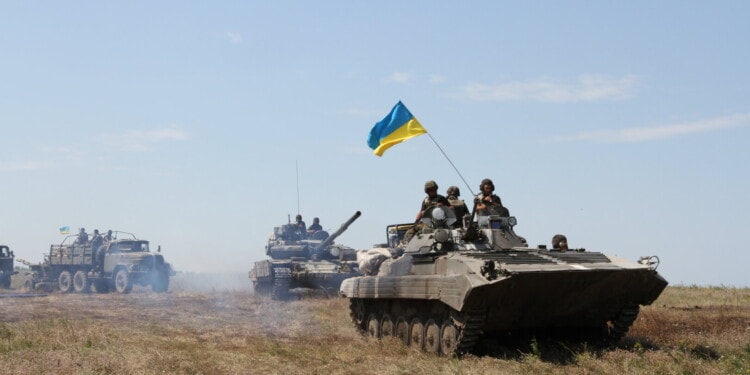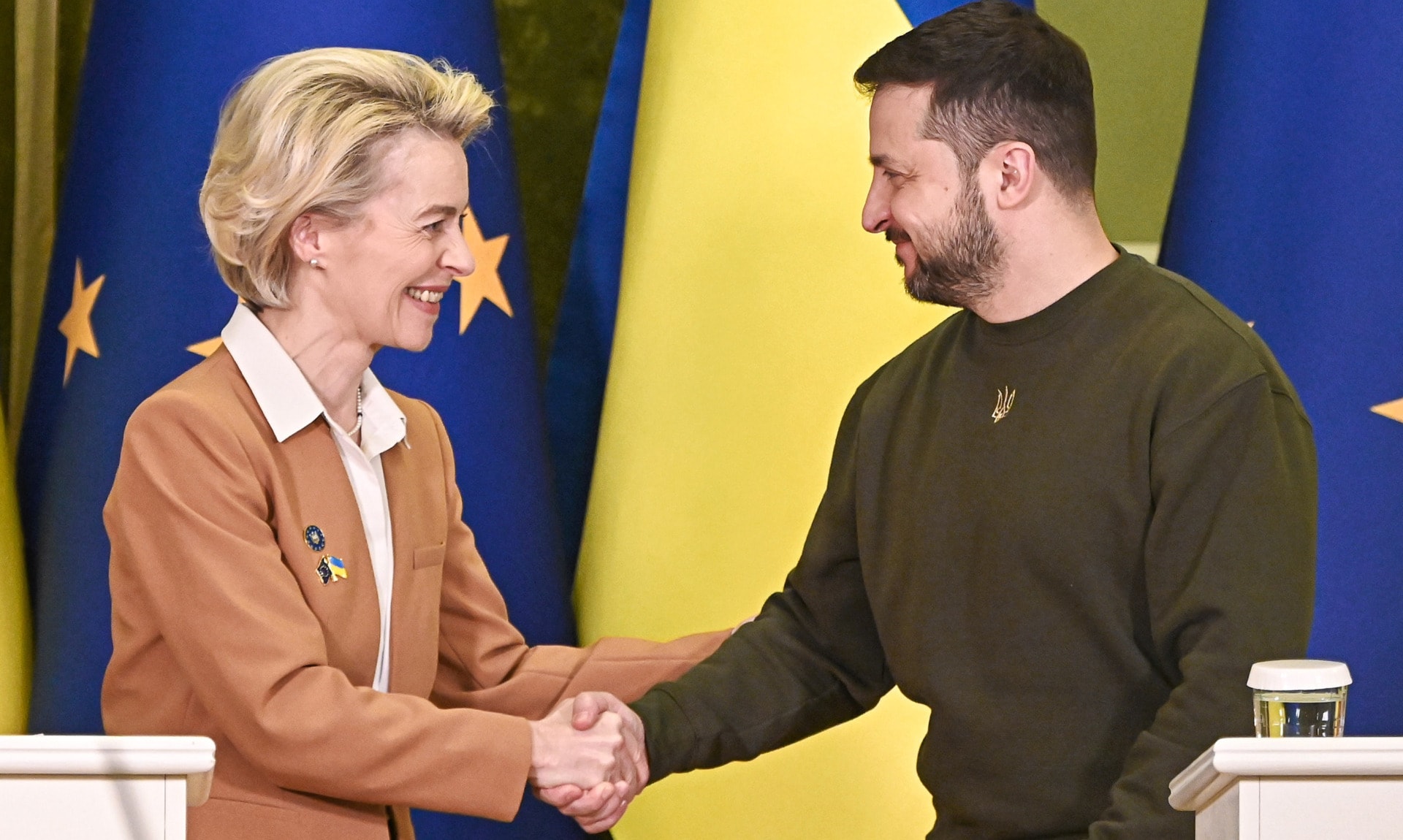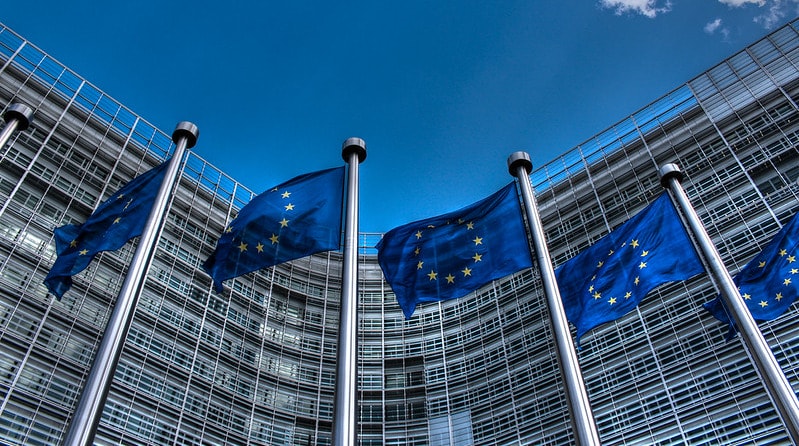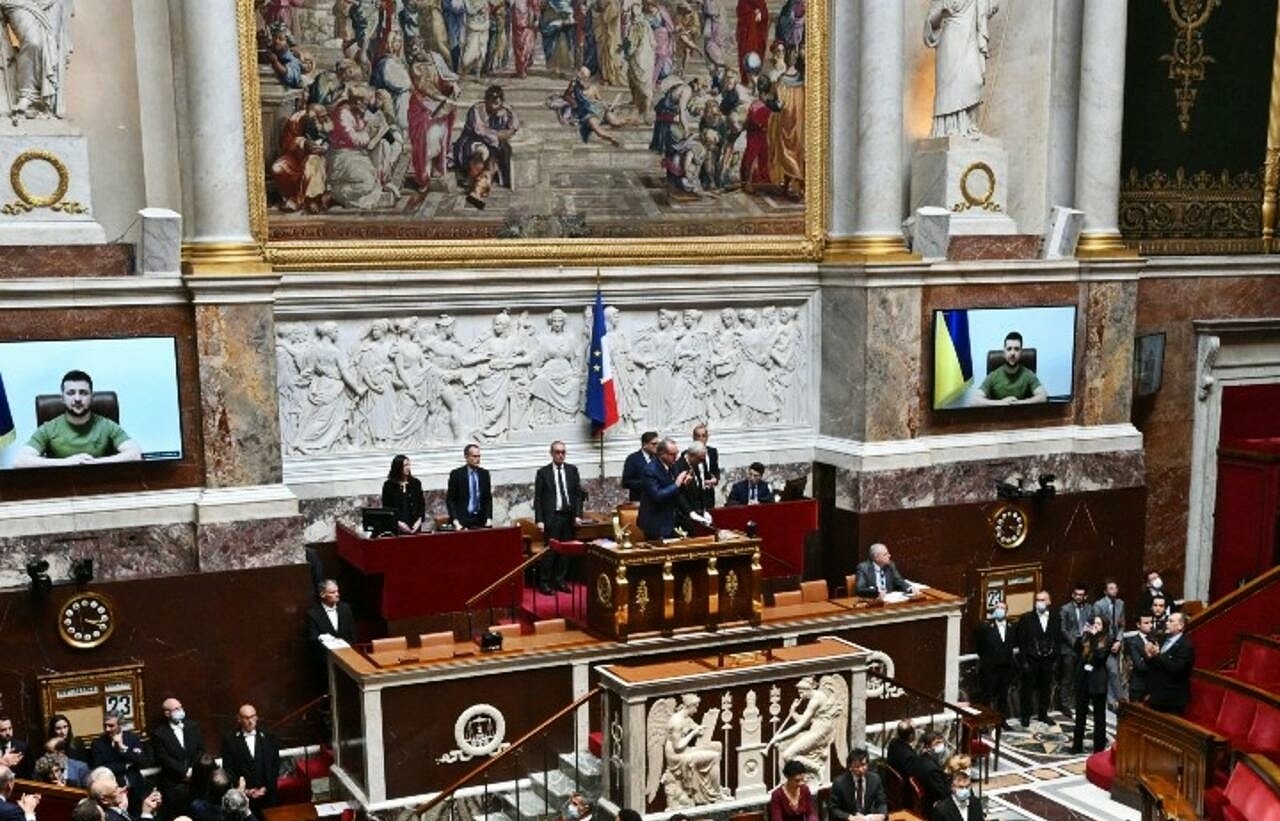On March 17, the heads of major international financial institutions pledged in a joint-statement to coordinate their responses to support Ukraine and neighbouring countries in response to the war in Ukraine, and said that the conflict’s impacts would spread throughout the global economy.
The heads of the International Monetary Fund (IMF), the World Bank Group (WBG), the European Bank for Reconstruction and Development (EBRD), the Council of Europe Development Bank (CEB) and the European Investment Bank (EIB), said: “The entire global economy will feel the effects of the crisis through slower growth, trade disruptions, and steeper inflation, harming especially the poorest and most vulnerable.
Both Russia and Ukraine are big food producers. Ukraine is the world’s biggest producer of sunflower oil, with Russia number two, according to S&P Global Platts. Between them they account for 60% of global production. The two countries also account for 28.9% of global wheat exports, according to JP Morgan.

As we have reported here on Impakter, the war threatens our food worldwide, particularly the developing world, major countries like Egypt and Bangladesh.
Russian supplies of these commodities are being restricted because of the widespread sanctions, which make it hard for the rest of the world to buy its products. Ukrainian supplies have been stopped, because fighting has closed the country’s ports.
“There’s no way to adjust quickly enough to the loss of supply from Ukraine and from Russia, and so that adds to prices,” said World Bank Group President David Malpass.
Emergency support
The financial institutions have each responded with emergency support to Ukraine and its neighbours. The EBRD has approved a “War on Ukraine – EBRD Resilience Package”, initially sized at EUR 2 billion, to respond to the immediate needs of the people affected by the war and – when conditions permit – support the substantial reconstruction of Ukraine. The EBRD will also be prepared to take part in a reconstruction program for Ukraine, to rebuild livelihoods and businesses; restore vital infrastructure; support good governance; and enable access to services.
The EIB has prepared an emergency solidarity package for Ukraine of EUR 2 billion, including the provision of EUR 668 million in immediate liquidity assistance to the Ukrainian authorities. The Bank is also accelerating the delivery of an additional EUR 1.3 billion for infrastructure projects.
The CEB has provided emergency grants to Ukraine’s neighbouring countries to cover immediate needs of refugees, including transportation and orientation. The amount is relatively modest, five additional grants worth almost €2.6 million coming from CEB’s Migrant and Refugee Fund (MRF) and directed to the country offices of the International Organization for Migration (IOM) in Hungary, Republic of Moldova, Poland, Romania and Slovak Republic – precisely the CEB member countries that are recording substantial refugee inflow from Ukraine.
The IMF disbursed emergency assistance of US$1.4 billion to Ukraine on March 9 under the Rapid Financing Instrument (RFI) to help meet urgent financing needs including to mitigate the economic impact of the war.
The WBG has already mobilised more than US$925 million for Ukraine, including fast-disbursing budget support to help the government provide critical services to Ukrainian people. The World Bank also set up a multi-donor trust fund (MDTF) that is among the most rapid, targeted, and secure mechanisms to facilitate channelling grant resources from donors to Ukraine, with contributions of US$145 million so far. “This rapid support will help to bridge those gaps during a time of extreme disruption as we work on broader support efforts for Ukraine and the region,” said Mr Malpass.
The financial institutions acknowledge the importance of working together in order to support Ukraine and its neighbours. “We are committed to strengthening international cooperation and solidarity in the face of this enormous challenge”, concludes the join-statement.
The total funding unblocked by international financial institutions in favour of Ukraine is over $8 billion so far, with the World Bank accounting for some $4 billion and the EIB for EUR 2 billion (approx. $ 2.2 billion). But more is sure to come.
Editor’s Note: The opinions expressed here by Impakter.com columnists are their own, not those of Impakter.com. In the Featured Photo: War in Ukraine. Featured Photo Credit: Flickr.














